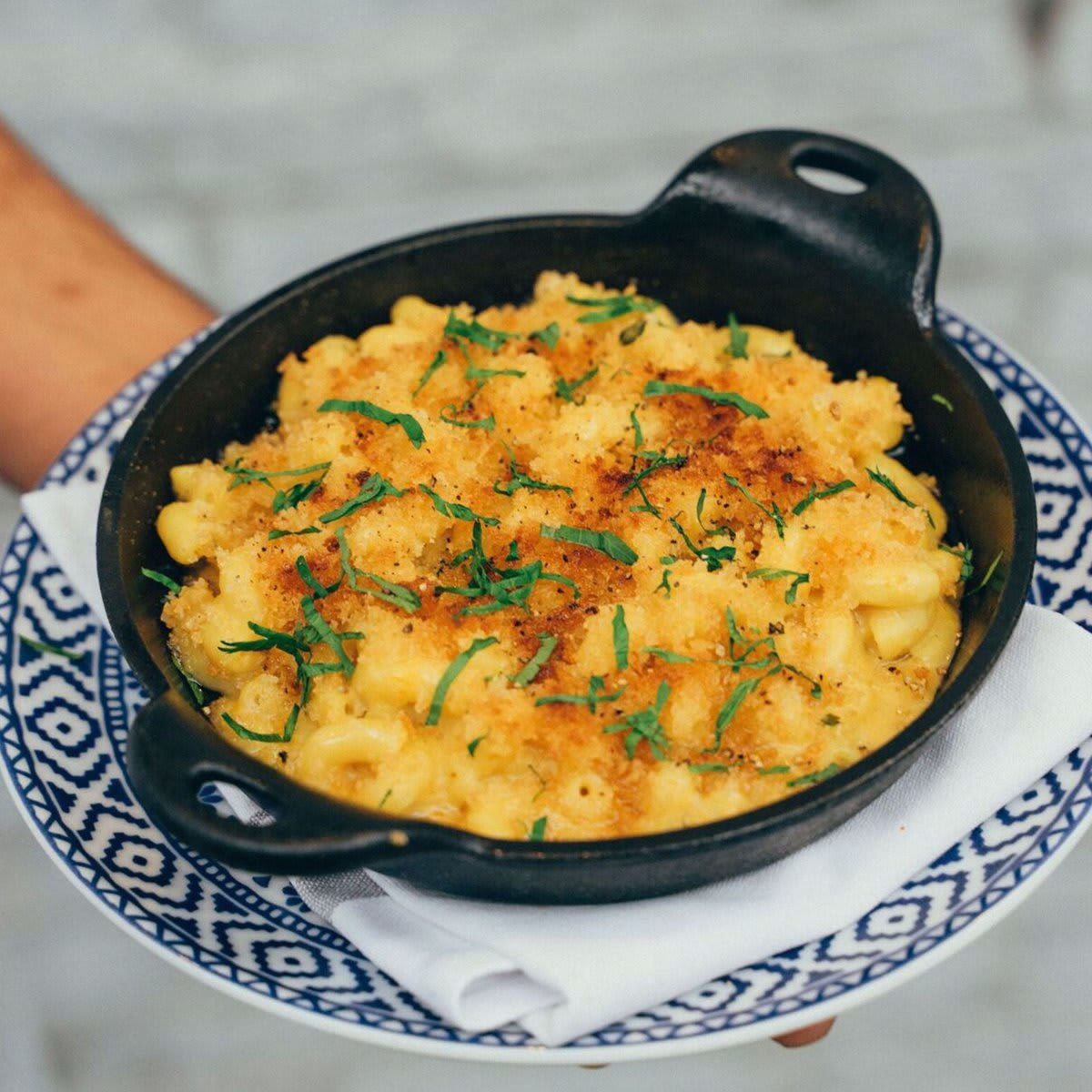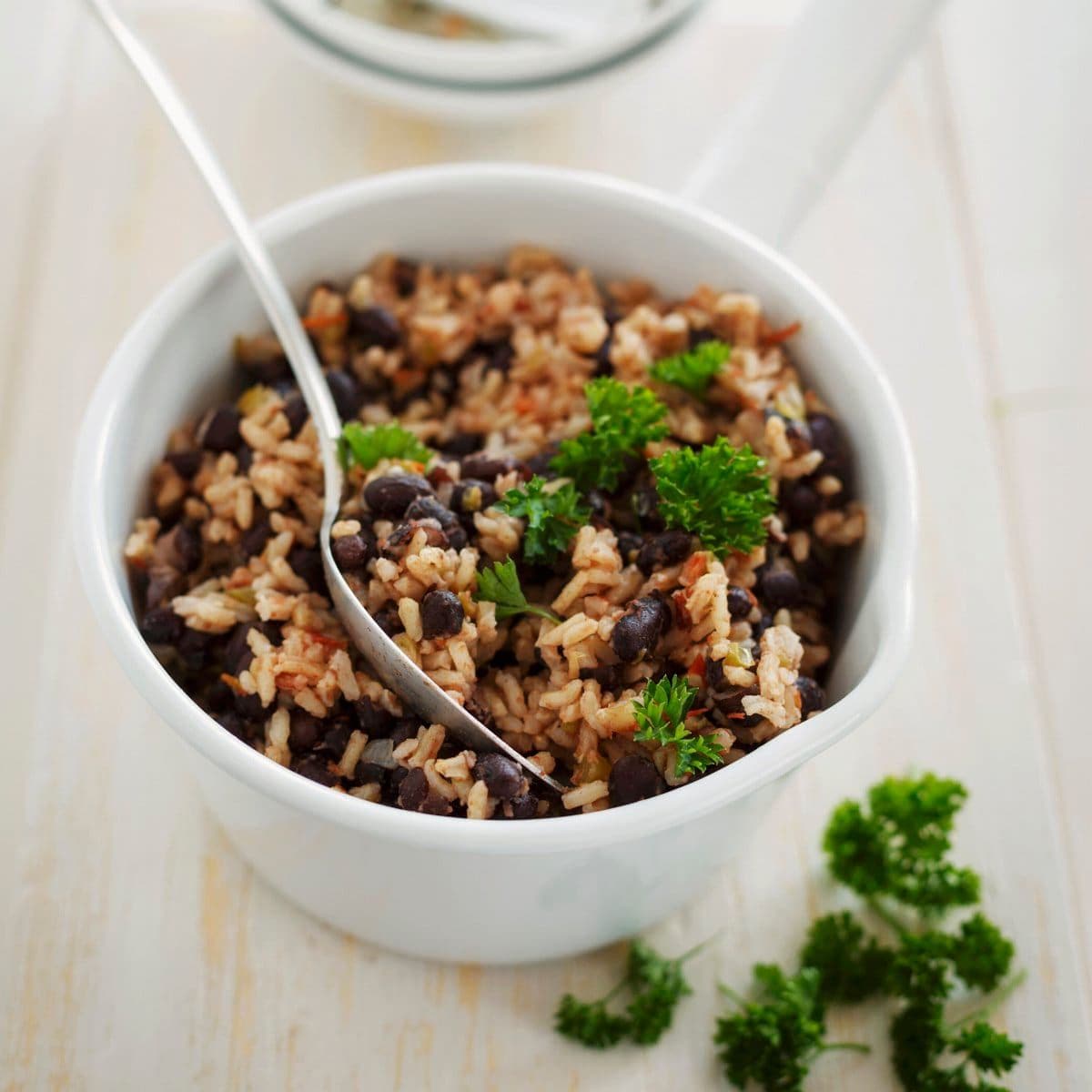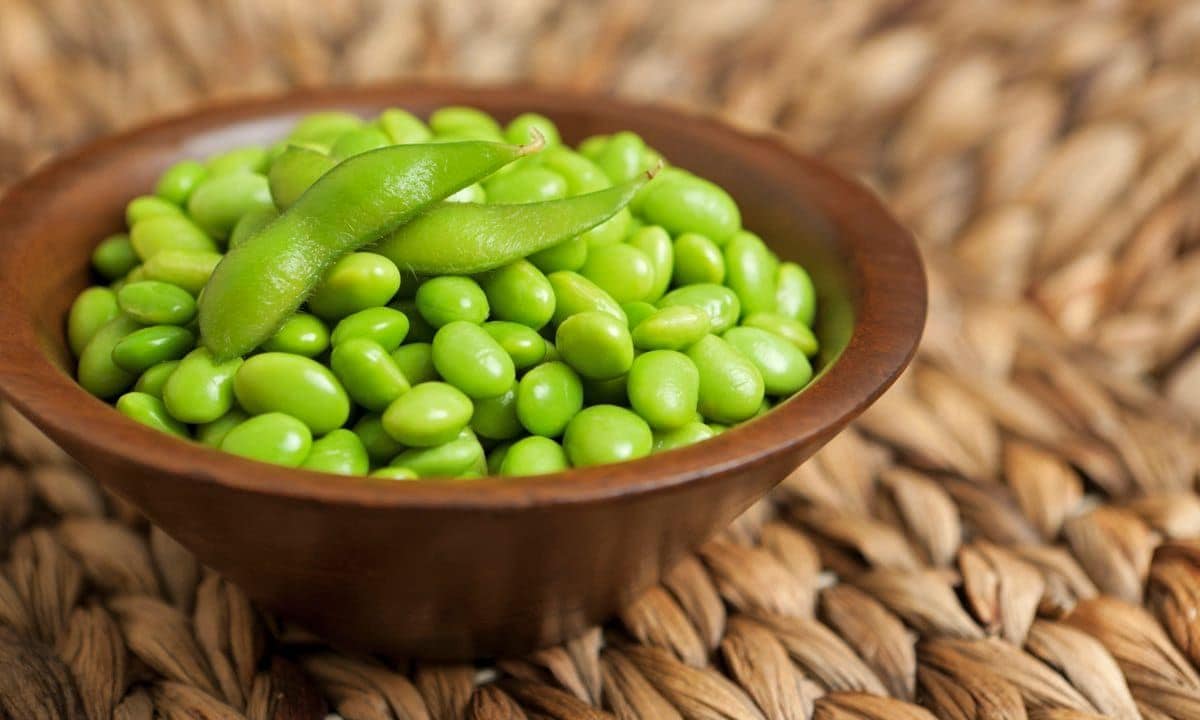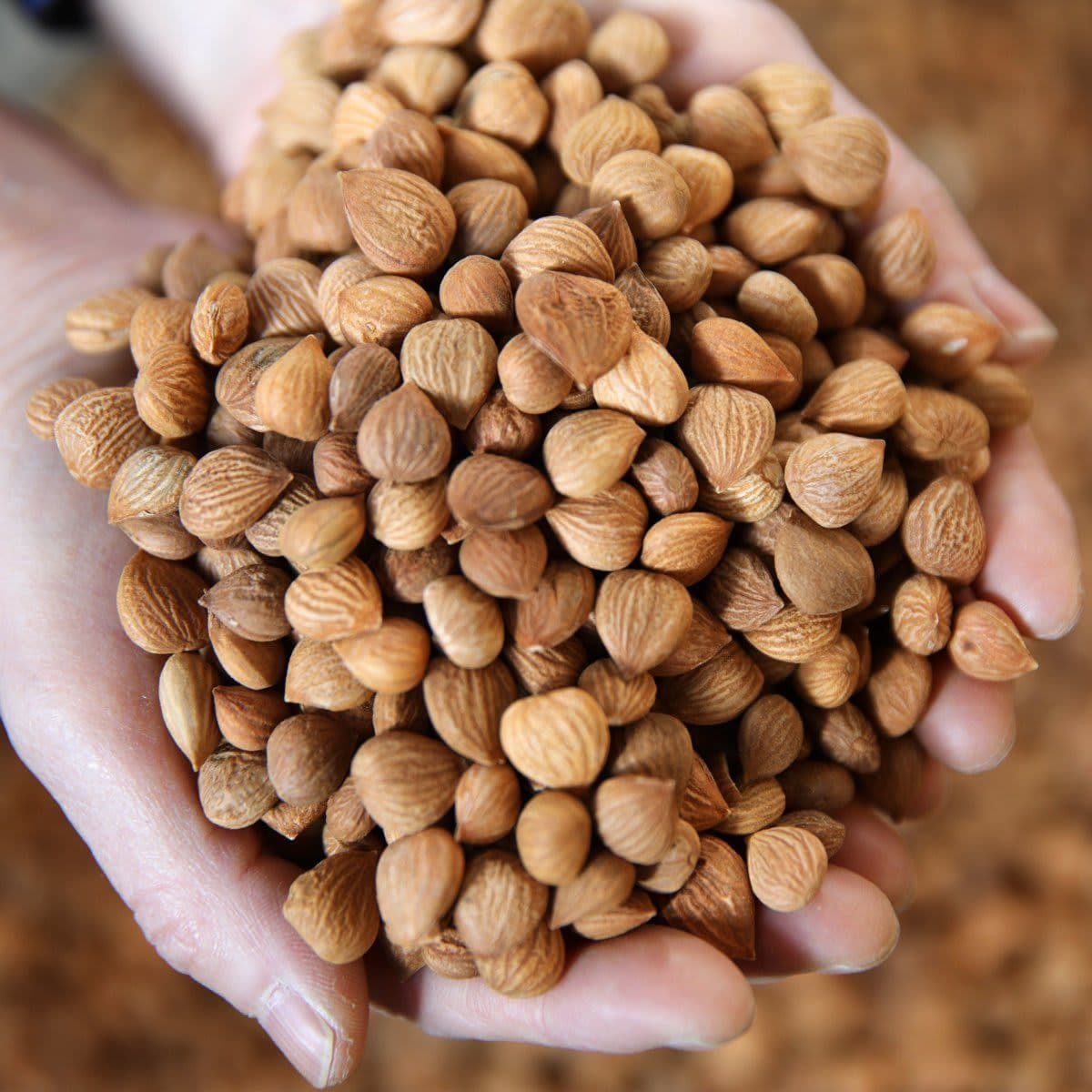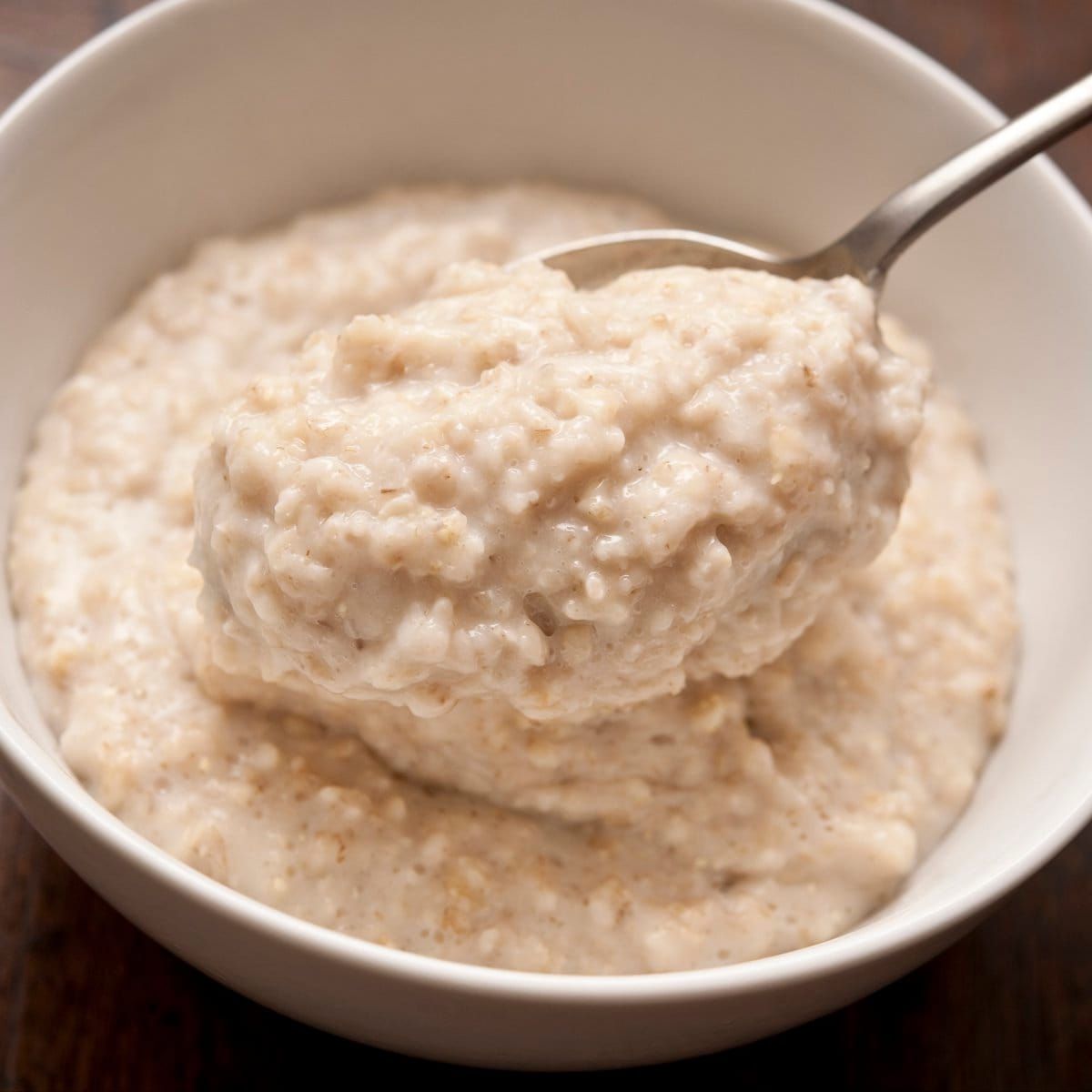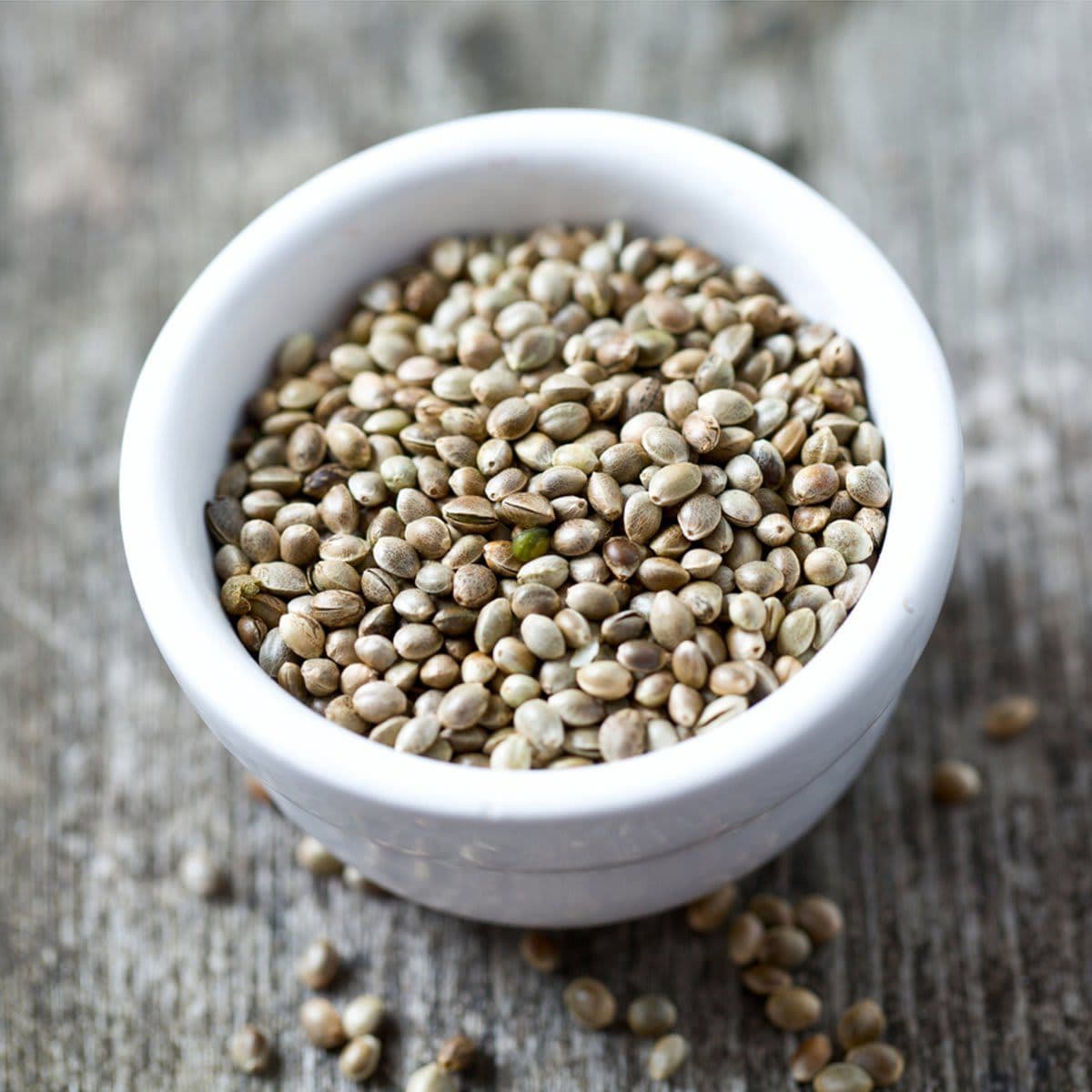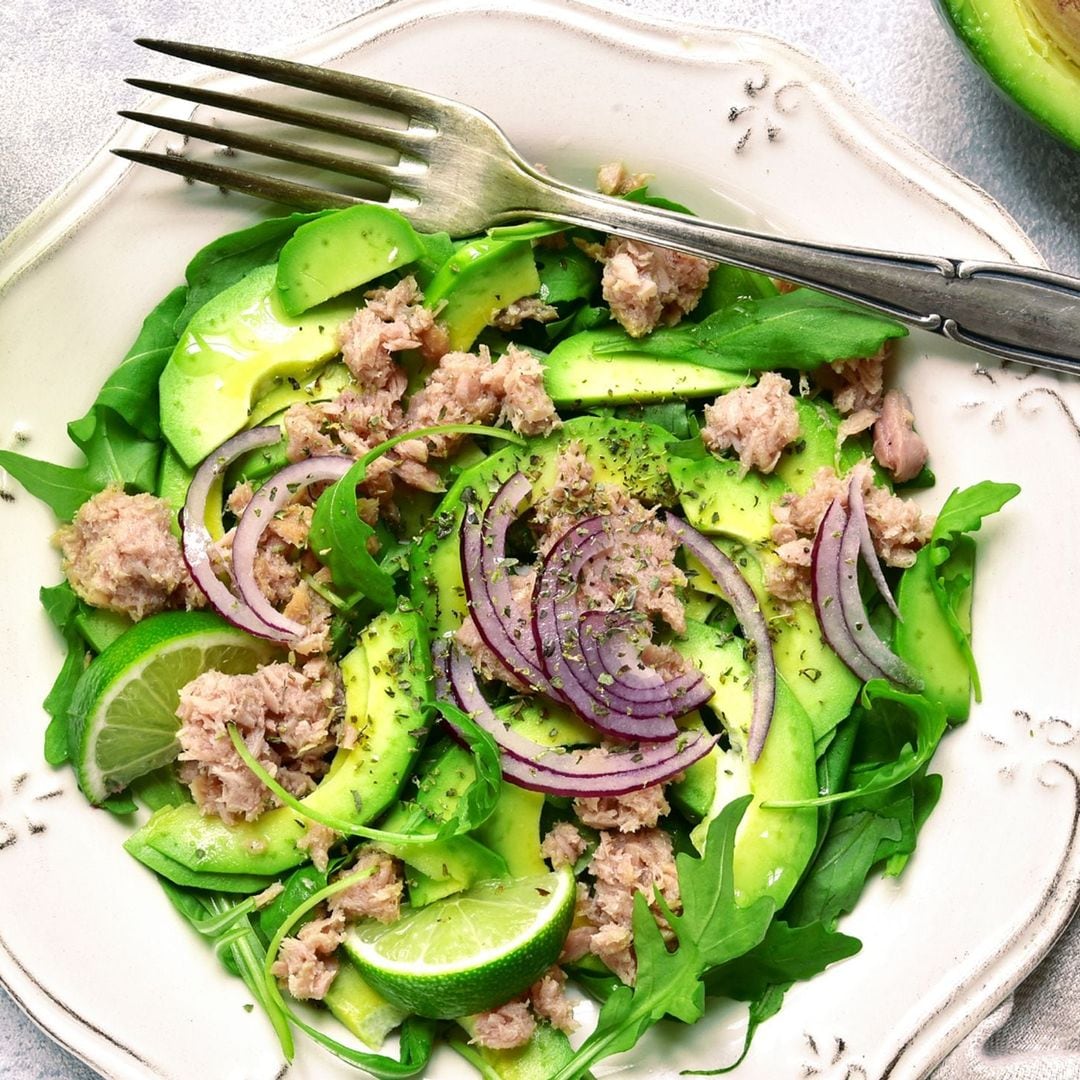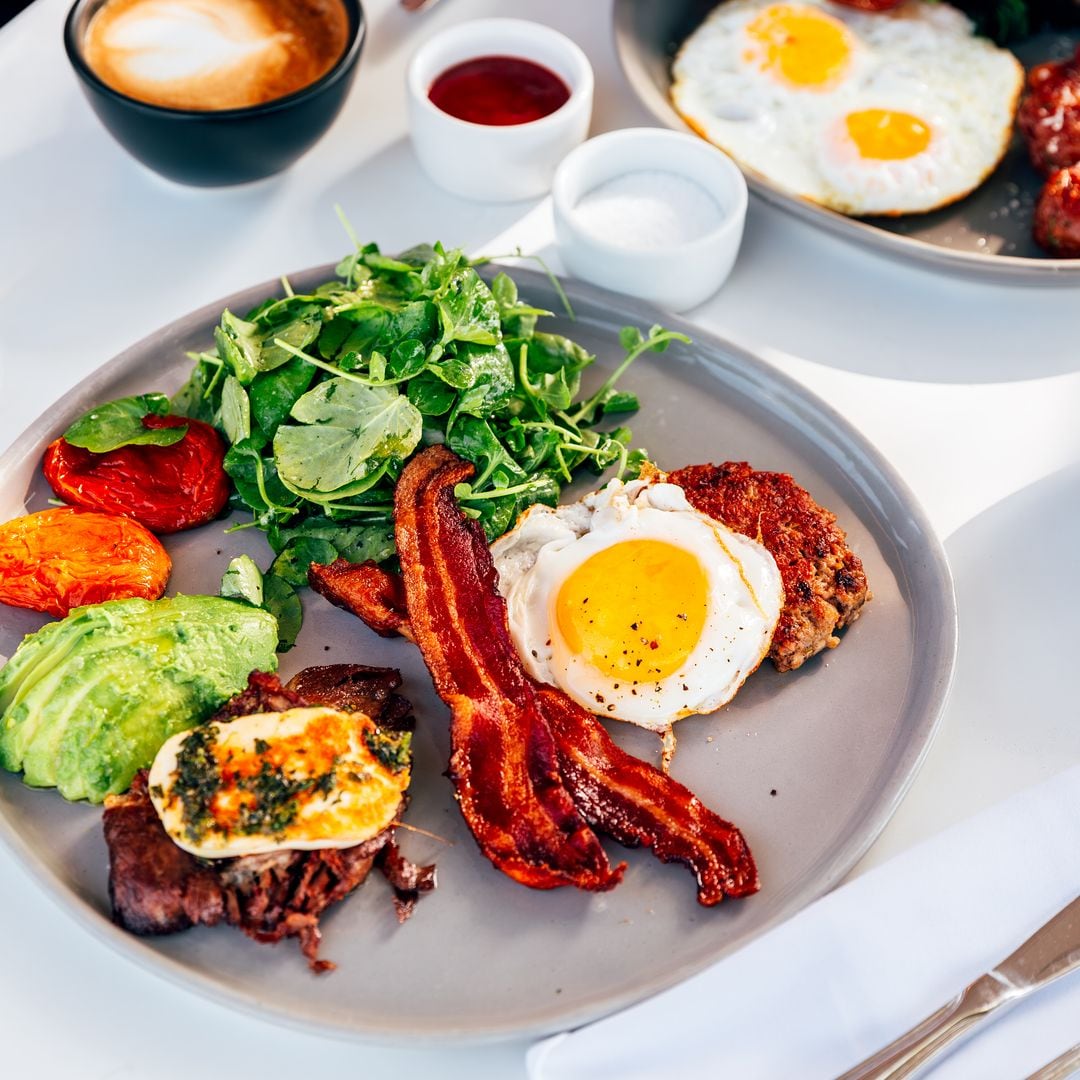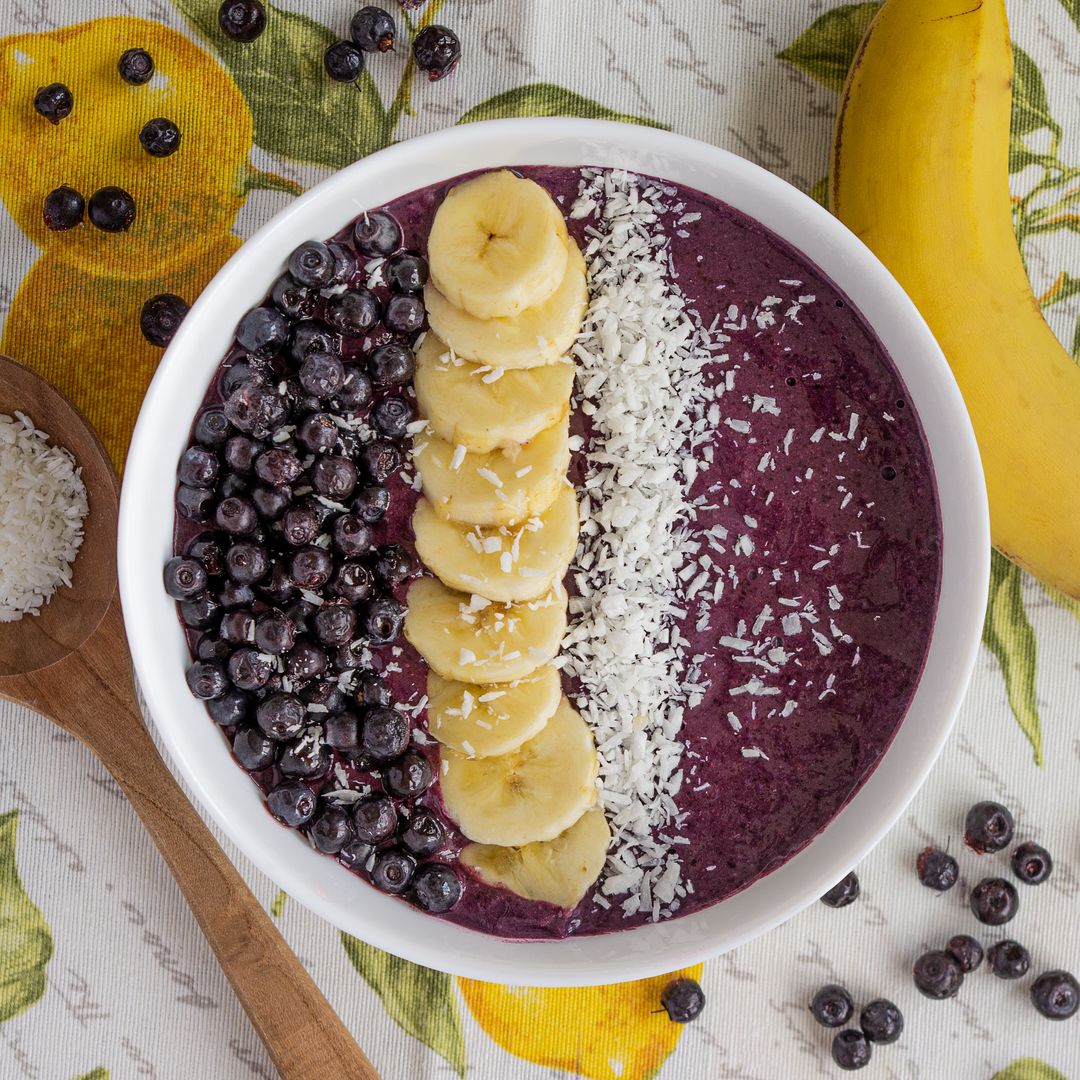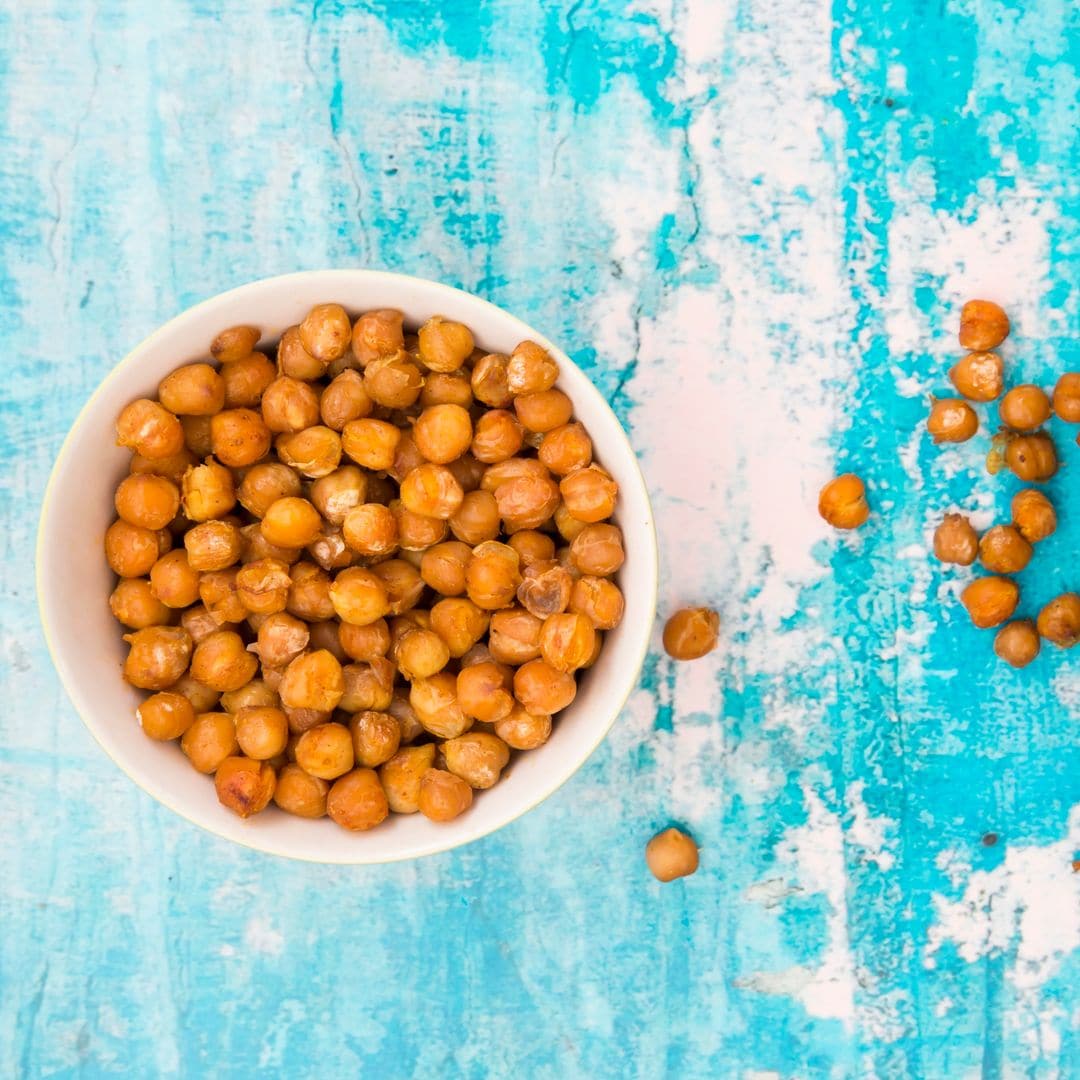When people talk about a “plant-based diet,” what do you think of? Do you immediately think “lack of adequate protein”? Do you imagine boring, veggie-heavy meals and no meat allowed? If so, you’re not alone. So, that’s why our friend Dr. Vikki Petersen , Certified Clinical Nutritionist, Chiropractor, and Functional Medicine doctor, is here to help you do some plant-based myth-busting!
According to Dr. Petersen, plant-based does not mean ‘no meat’ - it means prioritizing plants over meat and not excluding like most other diets, making it an excellent option for people to expand their cooking repertoire.
Believe it or not, a plant-based diet can benefit your overall health and wellness while leaving you satisfied and eager for the next plant-based meal! “A plant-based diet is one that is made up primarily of high-quality plant foods and is generally agreed by nutrition experts to be the best way to eat to extend your longevity and avoid degenerative disease,” says Dr. Vikki Petersen. “The most common misconception about a plant-based diet is that you cannot get adequate protein without eating meat. This is untrue, and plant-based protein sources are less inflammatory and easier to digest than their animal-based counterparts.”
Here are Dr. Vikki Petersen’s top 5 plant-based foods that have more protein than meat:
Black Beans
Black beans provide 15 grams of protein in a single one-cup serving, about the same as two chicken drumsticks. Black beans can be added to soups, stews, mashed for refried beans, or added to a veggie patty as a great source of protein. Then there is the “black bean brownie” recipe that is ridiculously delicious and possesses the hidden high protein ingredient of black beans.
Soybeans
Soybeans, in their organic form only to avoid dangerous GMOs, provide 18 grams of protein in a single one-cup serving, similar to a hamburger patty. If you have heard erroneous information about soy and it causing hormonal imbalance or even cancer, it is false. Unfortunately, it is something that, despite being untrue has been so widely disseminated it is considered “fact” by many - but the science refutes any concerns.
Almonds
Almonds and almond butter provide 12 grams of protein in a single serving of ¼ cup. A single tablespoon of almond butter provides equivalent protein as a glass of milk.
If you prefer peanut butter, two tablespoons provide 8 grams of protein.
Oatmeal
Oatmeal provides 6 grams of protein in a half-cup serving. That is equivalent to a single egg. I don‘t know about you, but my oatmeal serving is about 1 cup, doubling the protein provided to 12 grams. Add some nut butter and soy milk on top (as I do), and you are easily eating over 20 grams of protein in a single meal.
Hemp Seeds
Hemp seeds provide 31 grams of complete protein per serving. A chicken breast, by comparison, offers 26 grams. As a complete protein, hemp offers every amino acid, including all nine essential amino acids. Hemp seeds are best added to other dishes, including smoothies, granola, oatmeal, salads, and the like. It provides a nutty taste to anything you add it to.
,type=downsize)

